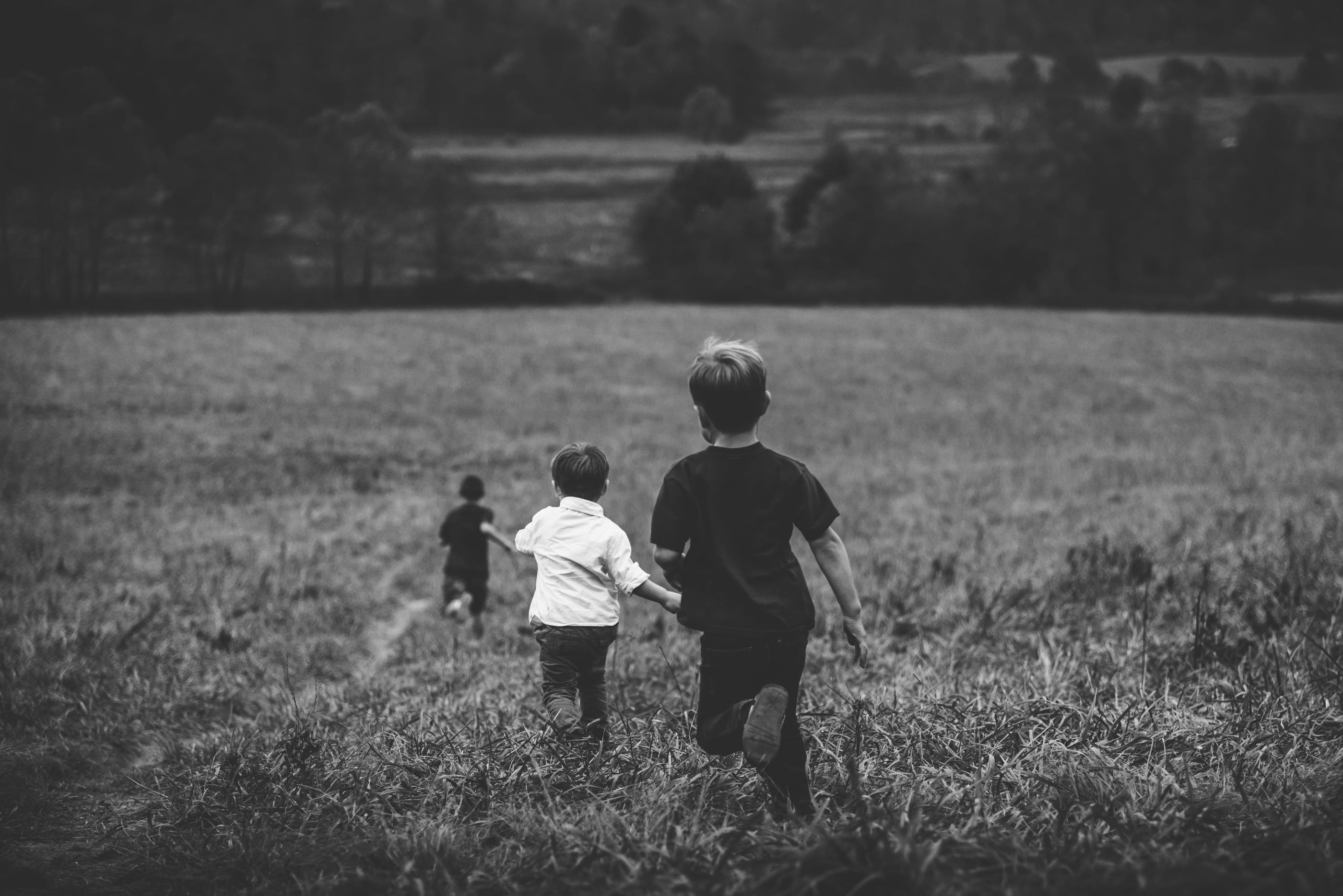In those final lessons the tension can prove palpable. The confident and quiet students alike betray their collective fears. Even the hardened kids show their nerves are frayed with small, unremembered acts: the first unsolicited homework or piece of revision, or seeing them quietly staying behind to plead for help with something they had ignored only weeks ago.
In this melting pot of final lessons, coursework deadlines and revision sessions, emotions can run high and energies run low. Teachers feel the acute tensions and stresses at each turn. Put aside uncertainties about what policies will be undertaken by the new government, or the vagaries of performance related pay for a moment. We invest our time and hopes into our students for them and their future beyond us. We will them to do well, celebrate their successes, and with some, desperately seek to push them over the finish line. We help them tidy up final pieces of coursework, stuffing the laggards into ‘final, final’ coursework or revision sessions, and we attempt to help hone their exam technique.
This heaps the pressure on our shoulders. We put the effort in even when many students are not doing the same. We push them on and through even when they may need to fall and fail. We do this because all too easily we can feel just like parents do – as the Latin term goes: in loco parentis. They are our kids and we want the best for them. This doesn’t change, it is an annual ritual, though education policy and like shifts ceaselessly.
I am reminded of a book that I read when I was a bespotted, gawky and truculent teen, J. D. Salinger’s ‘The Catcher in the Rye’ – a must for teenagers the world over. Of course, I was busy avoiding revision and the stresses of the exam season by reading this book (true story).
Now the title has a different meaning for me. It makes me think of teachers in May time. It makes me think how teachers prove catchers in the rye, just like Holden, the young, broken narrator imagines:
“Anyway, I keep picturing all these little kids playing some game in this big field of rye and all. Thousands of little kids, and nobody’s around – nobody big, I mean – except me. And I’m standing on the edge of some crazy cliff. What I have to do, I have to catch everybody if they start to go over the cliff – I mean if they’re running and they don’t look where they’re going I have to come out from somewhere and catch them. That’s all I do all day. I’d just be the catcher in the rye and all. I know it’s crazy, but that’s the only thing I’d really like to be.”
I am more hardened to this annual rite of final deadlines, looming exams and leaving days, but every year I can’t shake that feeling that Holden has in wanting to be a catcher in the rye. It is silly really, but I reckon that if I stop wanting to be a catcher in the rye for the students I have taught who are leaving school then it is probably time to pack it all in.






Comments